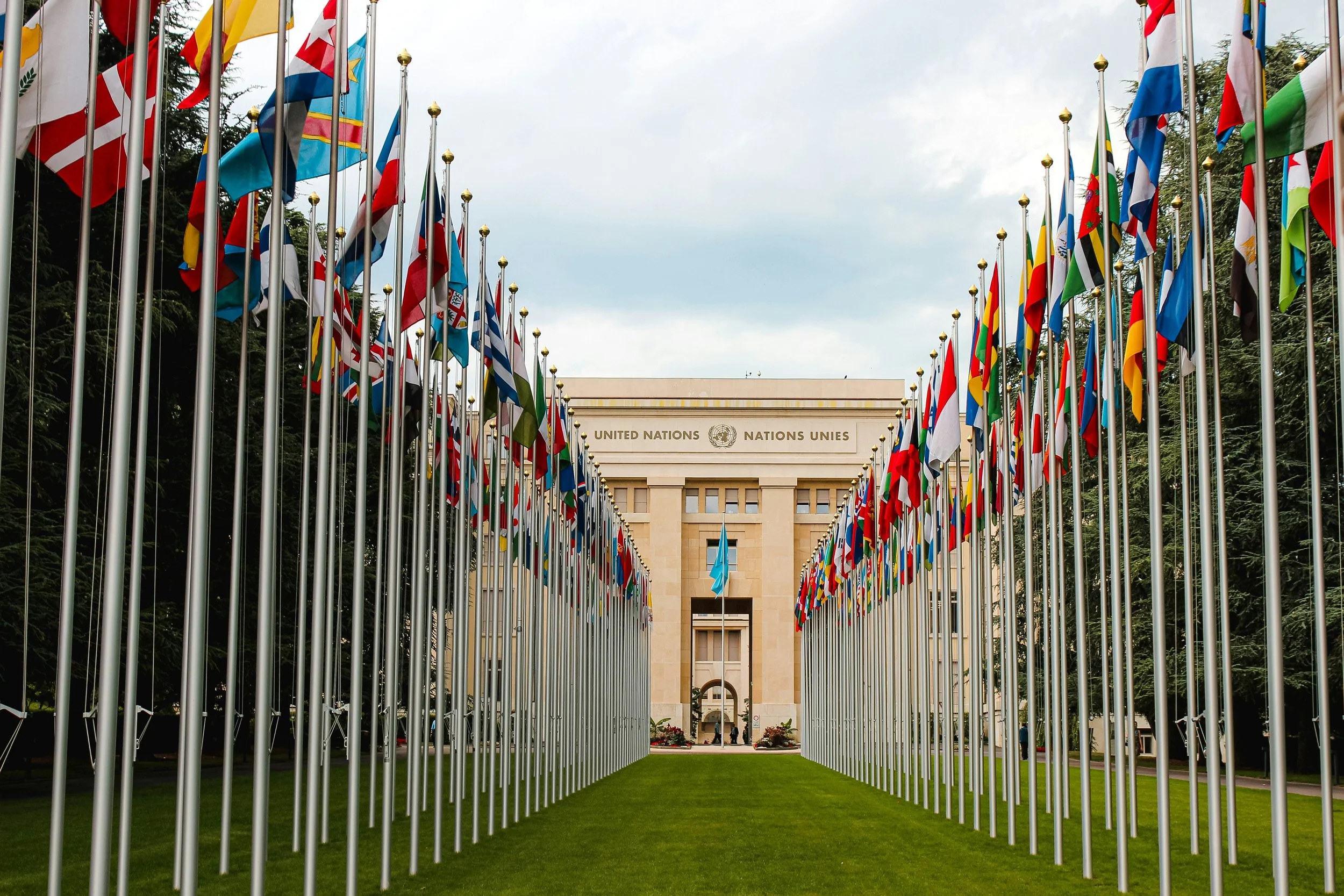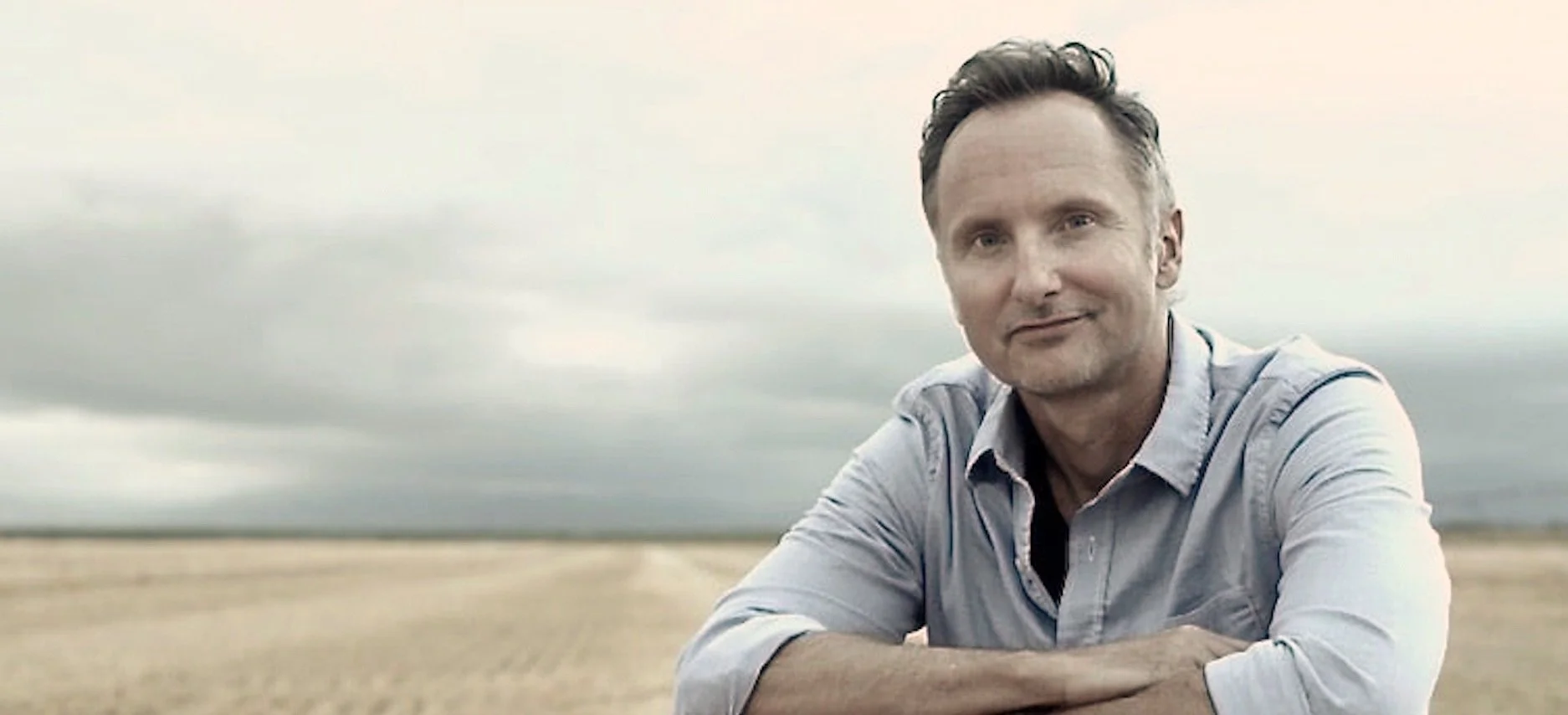We could barely wrap our heads around the pandemic two years ago. The virus, fresh out of the bottle, simply didn't belong to these post-industrial times, not here, not now. There was a kind of stunned incomprehension as if a cannibal had joined the family picnic and calmly started eating the children.
We engaged with this uninvited guest through a series of MM sessions centered around imagining what a post-pandemic world might look like. The overarching question was how the world might be shaped, not only by the pandemic itself but, more so, by the manner in which we chose to respond.
The answer back then was inconclusive, too many unknowns. A somewhat clearer picture may now be emerging with more data points and a somewhat greater familiarity. A hint of this comes from a keyword in the title to this week’s discussion piece (NYT: Endemic Covid-19 Looks Pretty Brutal). That key word would be "endemic," connoting some sort of an established baseline, even if it be of an unknown duration.
Of course, the word "brutal," also in the title, gets our attention. Yes, this bug still has ambitions: the domestic infection rate year-to-date already represents half of all infections since inception. Another estimate calls for five percent of the country to become infected each month…
Read More



















